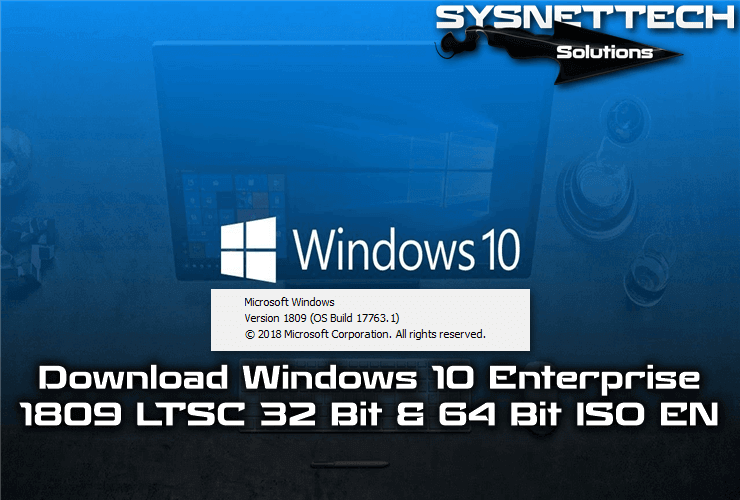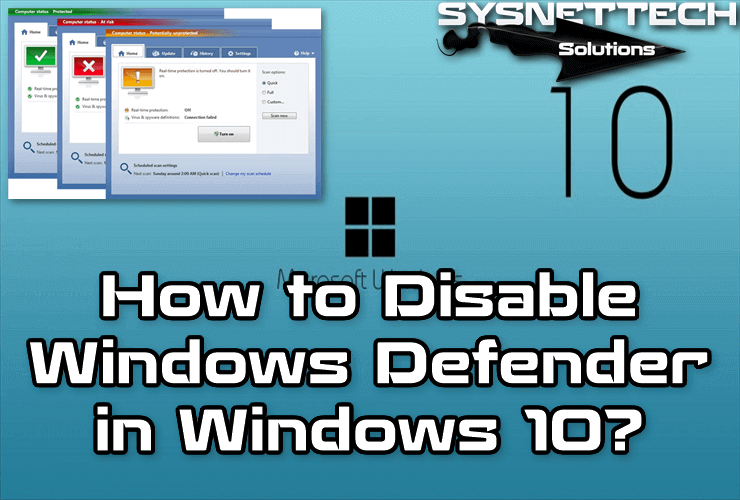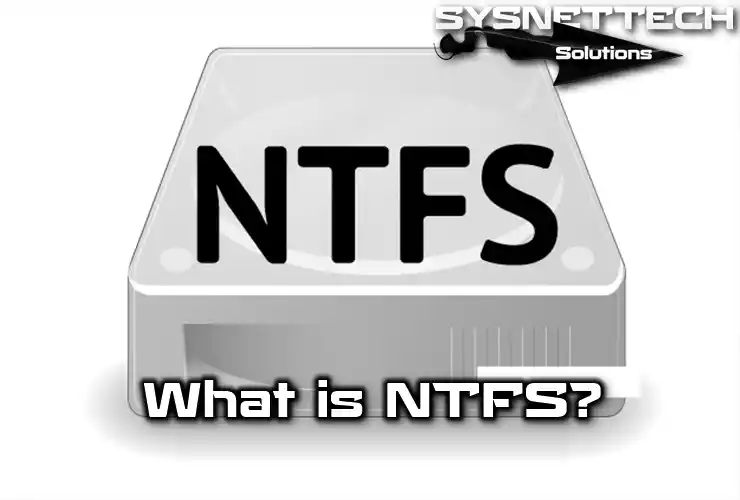This article will clarify what Windows Defender software is, what it does for users, and the history and features of antivirus software. Microsoft offers integration with Windows operating systems that are developed by itself.
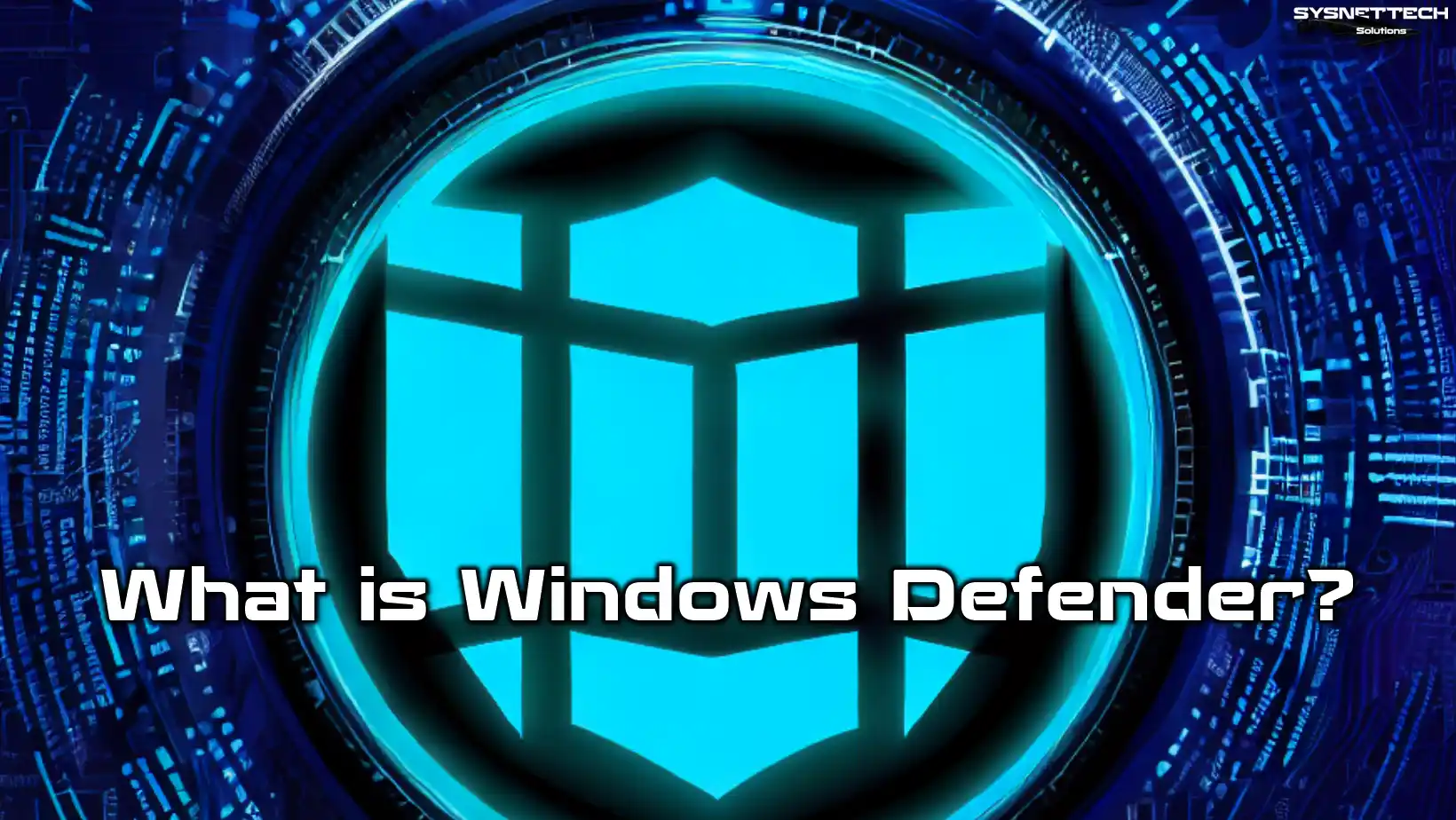
What is Microsoft Windows Defender Antivirus?
Windows Defender is an antivirus or antimalware software developed by Microsoft that is built into all operating systems from Microsoft Windows Vista to Windows 11. This program can catch and fast prevent threats like viruses, trojans, adware, and spyware from hurting your computer.
Microsoft Security Essentials was restructured and rebranded as Windows Defender. This security software is integrated into Windows Vista and later provides essential protection without requiring users to install an additional antivirus program.
Microsoft’s Defender application works in real-time on your computer, so all threats detected on your computer instantly are detected and prevented quickly. However, you can still scan your system manually or with a scheduled task and find malicious files or software.
History of Windows’s Security Software
The first appearance of Windows Defender is based on GIANT Antispyware. Microsoft acquired GIANT in December 2004.
After purchasing GIANT Antispyware, Microsoft developed this successful antivirus program in 2004 and released it in 2006.
Windows Defender, at that time, first served as Antispyware in the Windows 2000 operating system. Malicious users used spyware extensively on the Internet in the 2000s. In the meantime, Microsoft took action and laid the foundations of Defender software to protect the security of their systems.
In 2004, Microsoft introduced Defender in the Security section of the system. Afterward, it was incorporated into Windows Vista and Windows 7 systems and combined with Microsoft Security Essentials, resulting in a powerful antivirus program made available to users.
Microsoft has struggled with computer viruses throughout history and finally developed excellent system protection software for Windows 10 and 11. They may continue using this software as advanced security software for the Windows 12 system, which will be released in the coming years.
Windows Defender Features
The interface of Defender security software developed by Microsoft for Windows systems is simple and easy to use. While it works without tiring your system, it can sometimes force your system intensely. However, this is not perceived as a disadvantage for users who attach great importance to security.
The program’s interface has various features, such as creating a virus scan timer on your system, specifying a folder or directory as an exception, and updating the virus database.
Some users may need additional antivirus software when constantly running on a computer with important data. This software is not widely preferred due to its paid fees. Instead, they can use Windows Defender, a free security software that all Windows users prefer.
Let’s briefly summarize these features:
- Real-Time Protection: The real-time protection function allows for the prompt detection and removal of malware by monitoring all processes on your computer. With this attribute, your computer can be continuously protected against malware.
- System Scan: You can detect malicious software by scanning your computer manually or on a scheduled basis. In addition, full scan or quick scan options are available. A full scan scans all the files on your computer more thoroughly, while a quick scan does a faster scan, examining only the most critical files.
- File/Folder Exceptions: You can use the exception component if you don’t want to scan typical files or folders you have selected. This is particularly useful when detailed data should or should not be checked.
- Regular Updates: Microsoft regularly updates Windows Defender to identify virus types better. In this way, it quickly adds malicious programs or files newly released to the market, namely the Internet, to the database and better protects your PC.
- Windows Security Center Integration: It works integrated with Windows Security Center, and users can quickly check the security status of their computers.
- Simple User Interface: Due to its user-friendly interface, it provides convenience to users for scanning, scheduling, adding exceptions, and updating the virus database.
How Does Microsoft Antivirus Work?
The Windows Defender application on your computer constantly runs in the background to ensure security. When you install a new program or transfer a file with a USB flash drive, it immediately starts the scanning process and catches and notifies you of potentially harmful content.
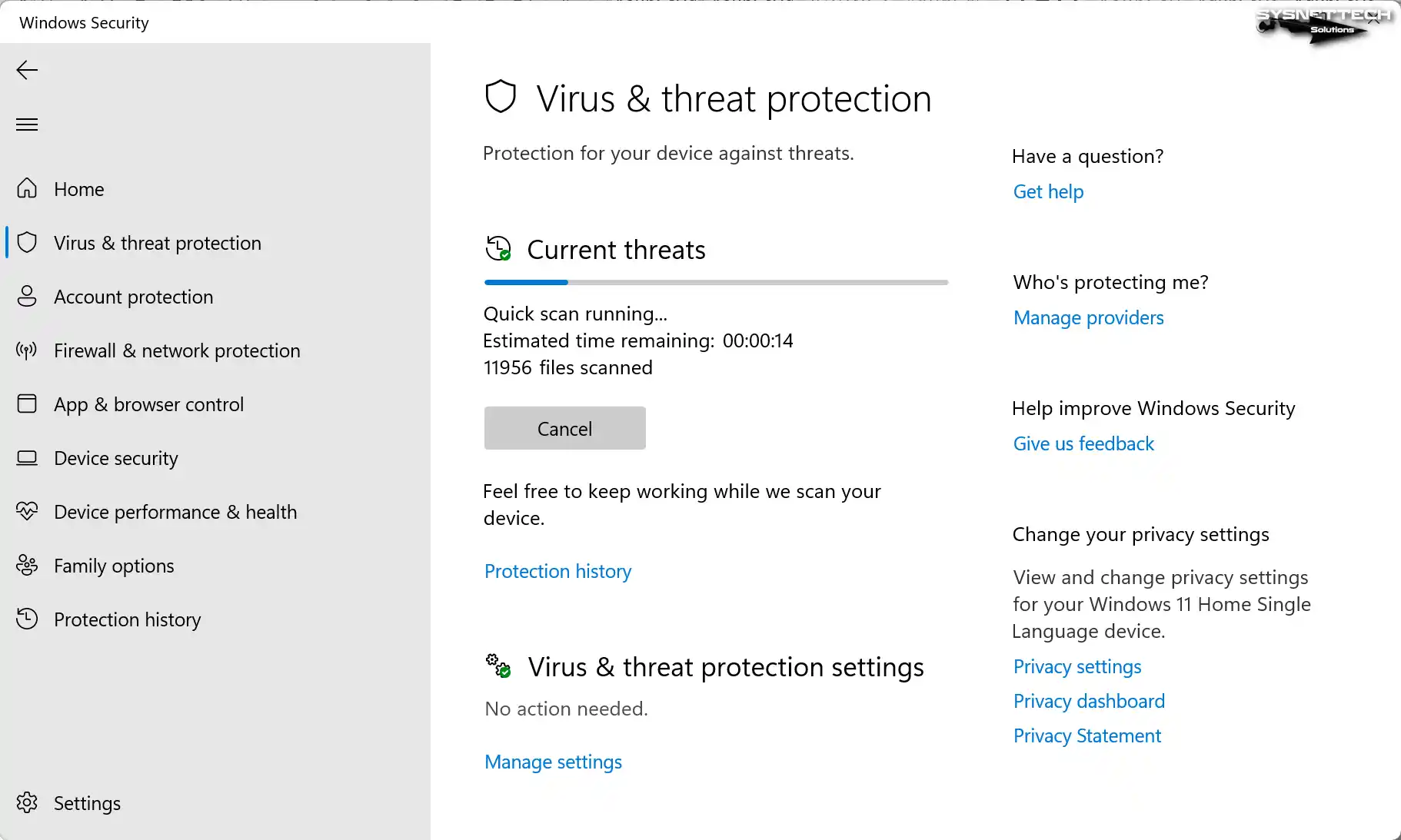
While doing this, it checks the database and decides whether the file is malicious after analyzing the virus records. Refrain from updating the antivirus database to prevent the program from overlooking the presence of malicious files. Therefore, we recommend installing the updates Microsoft broadcasted on your computer. It monitors the behavior of the programs you run on your PC regularly.
Thus, it provides a real-time protection mode and reviews all transactions.
Furthermore, in conjunction with Windows Firewall, it provides comprehensive protection for your system.
Pros and Cons of Utilizing Windows Defender
Considering your situation, what advantages does Windows Defender offer you?
Advantages
- Free: It is free software available on your Windows operating system. It is ideal for home users in terms of cost compared to other paid antivirus software.
- User-Friendly: The program’s interface is uncomplicated and straightforward to navigate. This feature offers more management support to users’ computers.
- High Detection Rate: Compared to other software, it can detect malware more easily.
- Performance: It runs comfortably in the background without affecting the performance of your PC compared to other software.
Disadvantages
- Key Features: Since it is essential antivirus software, it offers fewer features than others. In this case, more than this may be required for users who need advanced features.
- Weak Ransomware Protection: Ransomware is less effective than Defender, as they are more comprehensive. Therefore, users prefer to use an additional program to take action against such attacks.
- Late Update: Defender may receive updates a little later than other software. Therefore, detecting a newly released virus strain may be challenging, affecting your computer’s security.
- Slow Scan: The scanning process can be slow as it improves system performance.
Using other software at an additional cost is a user-specific preference. However, you can still choose to use it, as Windows security software is quite powerful and popular nowadays.
Microsoft Antivirus and Today
With the Creator update (Build 1703) released by Windows 10 in April 2017, Microsoft has renamed Windows Defender as Windows Defender Security Center. However, it still functions as Defender Antivirus in current Windows build versions.
For illustration, in the screenshot below, you can see Microsoft Defender Antivirus available under Windows Security for the Windows 11 Version 22H2 operating system.
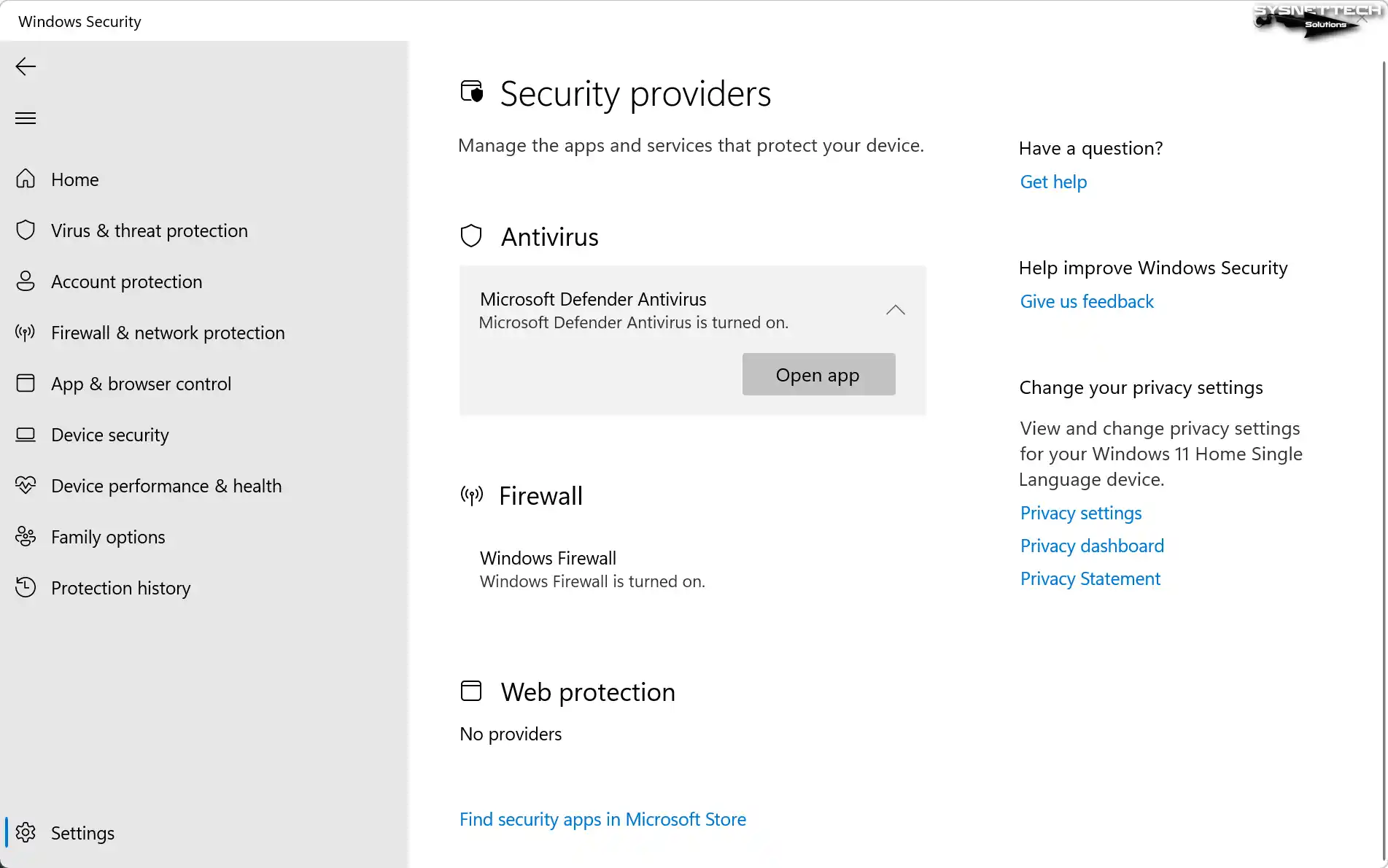
Old Interfaces of Microsoft Defender / Security
Windows XP Antivirus Interface:

Windows Vista Antivirus Interface:

Windows 7 Antivirus Interface:

Windows 8 Antivirus Interface:
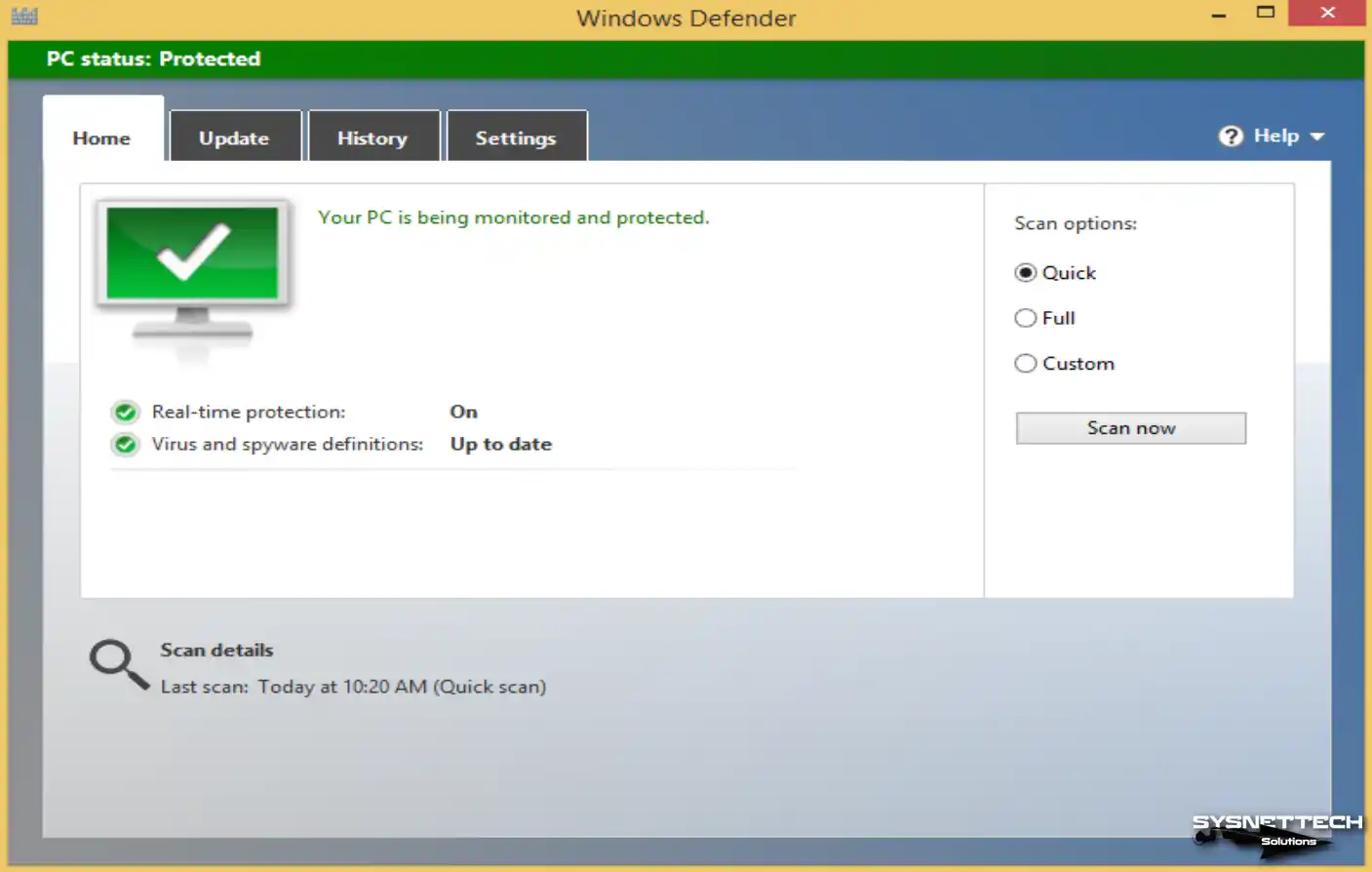
Windows 10 Antivirus Interface:

Frequently Asked Questions (FAQ) About Defender
- What is Windows Defender, and what does it accomplish?
- Can it be used with another antivirus program?
- How to update this software?
- Can it detect malware found in my browsers?
- Will it slow down my computer?
- Can it completely protect my computer?
- How can I disable it?
- What happens if this software is closed?
- Should it be closed?
- Does this software remove Viruses, and will it work?
- Is there a need for additional software in Windows 10 or Windows 11?
- Is this paid?
Conclusion
In short, Windows Defender is a good antivirus program that’s easy to use and totally free. It helps keep your computer safe from all sorts of harmful software. It’s got features like real-time protection, scans, and exceptions for files or folders, and it updates regularly. It’s built right into Windows Security Center, making it a complete security solution for Microsoft users.
Microsoft has been making it better since it first came out in 2006, and now it’s one of the most popular antivirus programs around the world. Plus, it runs quietly in the background, so you can keep using your PC without interruptions. If you want security and convenience, Windows Defender is a great choice.

